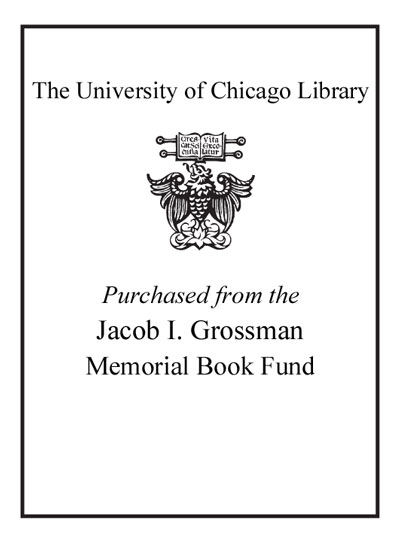Review by Choice Review
This book is not so much an overview of the conflicts and tangled relationships between tribal societies and the state as an examination of a subset of these encounters. Much of the study is devoted to what can reasonably be termed "settler states," countries of relatively late European colonization. The discussion of some Anglophone countries, the US especially, is well developed; the chapters devoted to the Iroquois and the New Zealand Maori are particularly useful. In comparison, coverage of colonialism in Latin America is meager and not always accurate. This reviewer wishes for a greater concern for critical social analysis. What, for example, does it mean in an increasingly diasporic and cross-cutting world to be "indigenous"? Or, how does one explain the fact that in the US, those who self-identify as Native Americans are growing five times faster than the population as a whole? Howard is stronger at explaining the past than in shedding light on the shape of the future, such as the growing influence of transnational new social movements, indigenous or otherwise (religion comes very much to mind). ^BSumming Up: Recommended. Upper-division undergraduates and above. O. Pi-Sunyer University of Massachusetts at Amherst
Copyright American Library Association, used with permission.
Review by Choice Review

